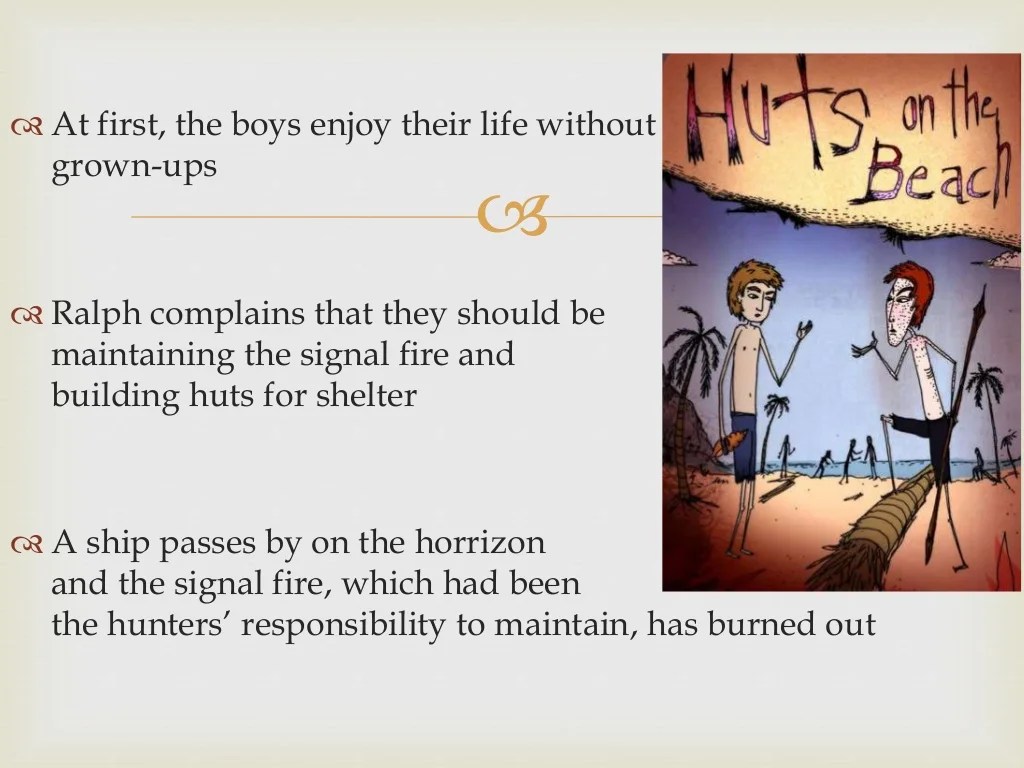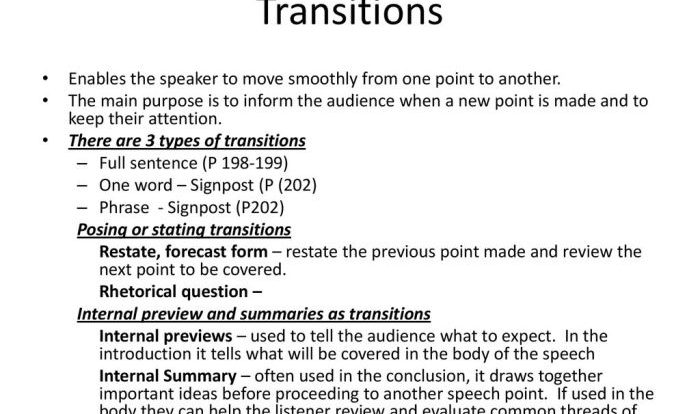Embark on an exploration of dramatic irony in Lord of the Flies, where the reader’s knowledge casts an eerie shadow over the unfolding events. This literary device becomes a powerful tool, enhancing characterization, reinforcing themes, and ultimately shaping the reader’s experience in profound ways.
As the novel progresses, the reader becomes privy to information that the characters themselves lack, creating a sense of anticipation, dread, and ultimately, catharsis.
Introduction
Dramatic irony is a literary device in which the audience or reader knows something that the characters in the story do not. This creates a sense of suspense and anticipation, as the audience waits to see how the characters will react when they eventually discover the truth.
Lord of the Fliesis a novel by William Golding that tells the story of a group of British boys who are stranded on a desert island after their plane crashes. The boys initially try to create a civilized society, but they soon descend into savagery and violence.
Examples of Dramatic Irony in “Lord of the Flies”
Dramatic irony is a literary device that occurs when the reader knows something that the characters do not. This can create tension and suspense, as the reader anticipates the characters’ reactions to the information they do not possess.There are several instances of dramatic irony in “Lord of the Flies.”
One example occurs when the boys first arrive on the island. They are excited to be free from the rules and responsibilities of adult society. However, the reader knows that the island is not a paradise, and that the boys will soon descend into savagery.Another
example of dramatic irony occurs when Jack and his hunters paint their faces. They do this to make themselves look more like the animals they hunt. However, the reader knows that this is a sign of their increasing savagery.These are just a few examples of the many instances of dramatic irony in “Lord of the Flies.”
This literary device helps to create a sense of tension and suspense, as the reader anticipates the characters’ reactions to the information they do not possess.
Jack’s Desire for Power
One of the most striking examples of dramatic irony in the novel is Jack’s desire for power. From the beginning, Jack is ambitious and ruthless. He wants to be the leader of the boys, and he is willing to do whatever it takes to achieve his goal.The
reader knows that Jack is not a good leader. He is cruel and impulsive, and he does not have the best interests of the group at heart. However, the boys do not see this. They are drawn to Jack’s charisma and his promises of excitement and adventure.As
a result, Jack is able to seize power and become the leader of the boys. This is a tragic turn of events, as it leads to the boys’ descent into savagery.
The Boys’ Ignorance of the Beast
Another example of dramatic irony in the novel is the boys’ ignorance of the Beast. The boys are terrified of the Beast, but they do not know what it is. They imagine it to be a monster or a demon, but the reader knows that the Beast is simply a symbol of the boys’ own savagery.The
boys’ ignorance of the Beast leads them to make many mistakes. They become suspicious of each other, and they start to turn against each other. This ultimately leads to the boys’ destruction.
The Role of Dramatic Irony in Characterization
Dramatic irony plays a pivotal role in the development and understanding of the characters in Lord of the Flies. The characters’ ignorance or knowledge of certain events shapes their actions and decisions, creating a sense of suspense and irony for the reader.
Ralph’s Ignorance of Jack’s Plans
One striking example of dramatic irony is Ralph’s ignorance of Jack’s plans to hunt him. Ralph, the elected leader of the boys, is unaware of the danger he is in, while the reader is privy to Jack’s sinister intentions. This irony creates a sense of suspense and foreboding, as the reader anticipates the inevitable confrontation between the two characters.
Thematic Implications of Dramatic Irony: Dramatic Irony In Lord Of The Flies
Dramatic irony in Lord of the Fliesplays a pivotal role in reinforcing the novel’s central themes. The reader’s awareness of events foreshadows the tragic events that unfold, highlighting the loss of innocence, the fragility of civilization, and the power of fear.
Loss of Innocence
The boys’ initial excitement about being stranded on the island gradually fades as they succumb to savagery. The reader’s knowledge of the boys’ descent into barbarism intensifies the tragedy of their lost innocence. For example, when Piggy is brutally murdered, the reader’s awareness of the boys’ actions deepens the sense of horror and despair.
Fragility of Civilization
The novel explores the fragility of civilization and the ease with which it can collapse under the weight of fear and primal instincts. The reader’s knowledge of the boys’ rapid descent into chaos highlights the delicate balance that maintains civilized society.
Power of Fear
Dramatic irony also emphasizes the powerful grip of fear on the human psyche. The boys’ fear of the “beast” drives them to commit unspeakable acts of violence, demonstrating the destructive potential of unchecked fear. The reader’s awareness of the boys’ unfounded fear heightens the sense of tragedy and futility.
The Use of Symbolism and Foreshadowing

Golding employs symbolism and foreshadowing throughout “Lord of the Flies” to enhance the dramatic irony and heighten the reader’s understanding of the characters and events.
Symbolism
The island itself serves as a powerful symbol. Initially perceived as a paradise, it gradually transforms into a place of darkness and savagery, reflecting the boys’ own descent into chaos.
The conch shell represents order and civilization. Its destruction signifies the loss of hope and the triumph of savagery.
Foreshadowing
Golding uses subtle hints to foreshadow future events. For example, the description of the island as “a world of its own” suggests that the boys will be cut off from civilization and forced to rely on their own instincts.
The killing of the pig foreshadows the violence that will escalate throughout the novel. It also symbolizes the loss of innocence and the boys’ growing capacity for cruelty.
The Impact of Dramatic Irony on the Reader
Dramatic irony in “Lord of the Flies” creates a profound impact on the reader’s experience. The reader’s knowledge of events that the characters are unaware of generates a sense of anticipation, dread, and catharsis.
Anticipation
The reader’s awareness of future events heightens anticipation. They eagerly await the inevitable downfall of the boys, knowing that their actions will lead to tragedy. This anticipation keeps the reader engaged and creates a sense of suspense.
Dread
As the reader witnesses the boys’ descent into savagery, they experience a growing sense of dread. They know that the boys’ innocence is doomed, and they fear for their safety. This dread creates an emotional connection between the reader and the characters.
Catharsis, Dramatic irony in lord of the flies
The novel’s tragic ending provides a sense of catharsis for the reader. After witnessing the boys’ suffering, the reader is relieved that their ordeal is over. This catharsis allows the reader to process the novel’s themes and emotions.
FAQ Resource
What is dramatic irony?
Dramatic irony occurs when the audience or reader knows something that the characters in a story do not.
How does dramatic irony contribute to characterization in Lord of the Flies?
Dramatic irony highlights the characters’ ignorance or knowledge of certain events, shaping their actions and decisions.
What are some examples of dramatic irony in Lord of the Flies?
One example is when the reader knows that the boys are being watched by the beast, while the boys themselves are unaware of its presence.
